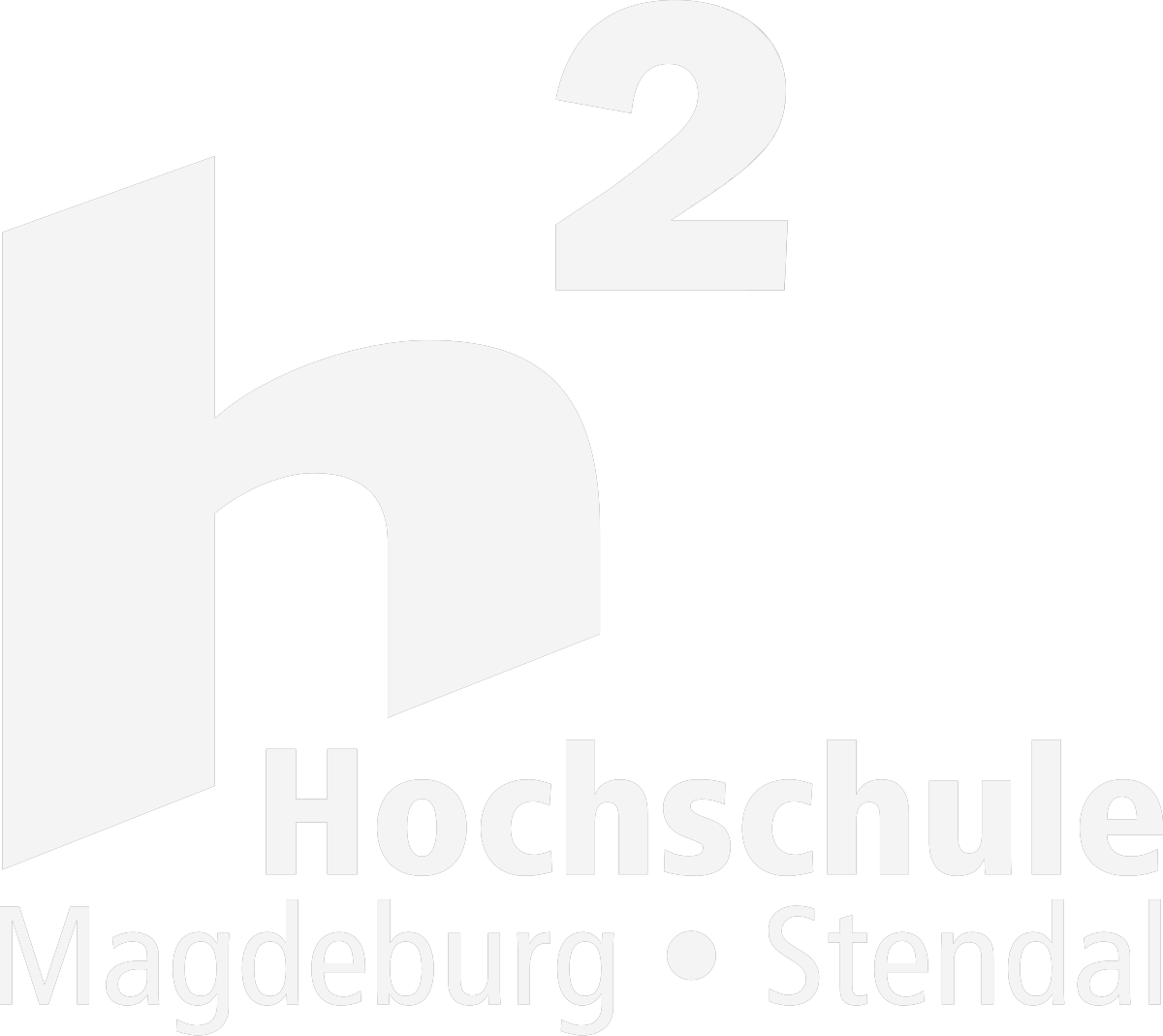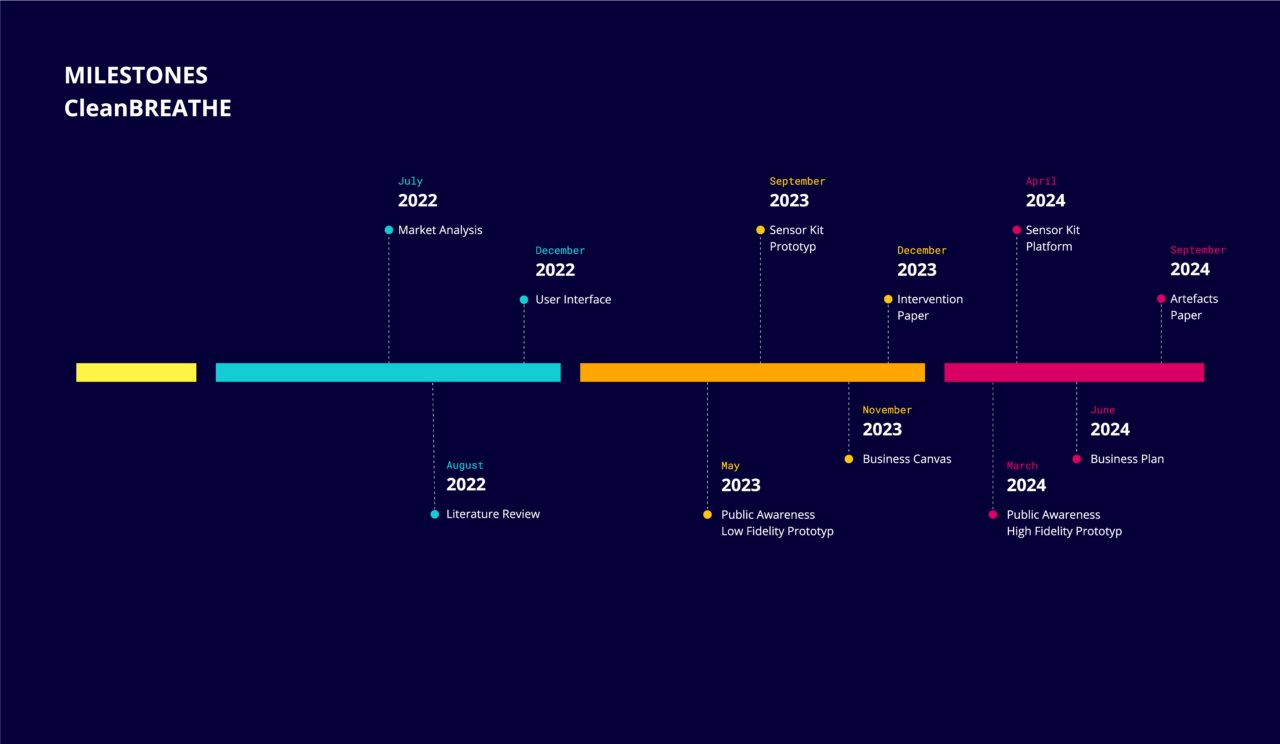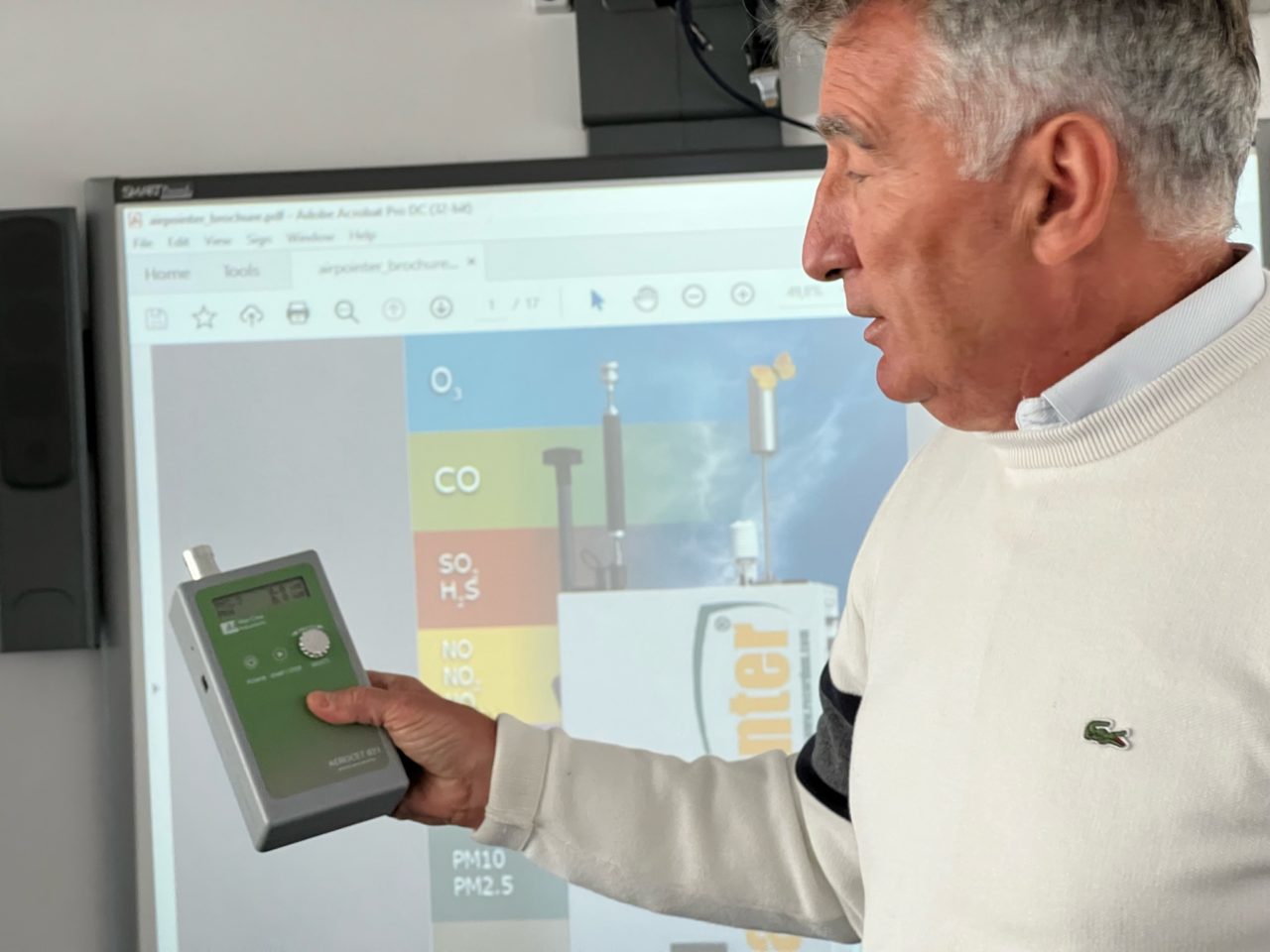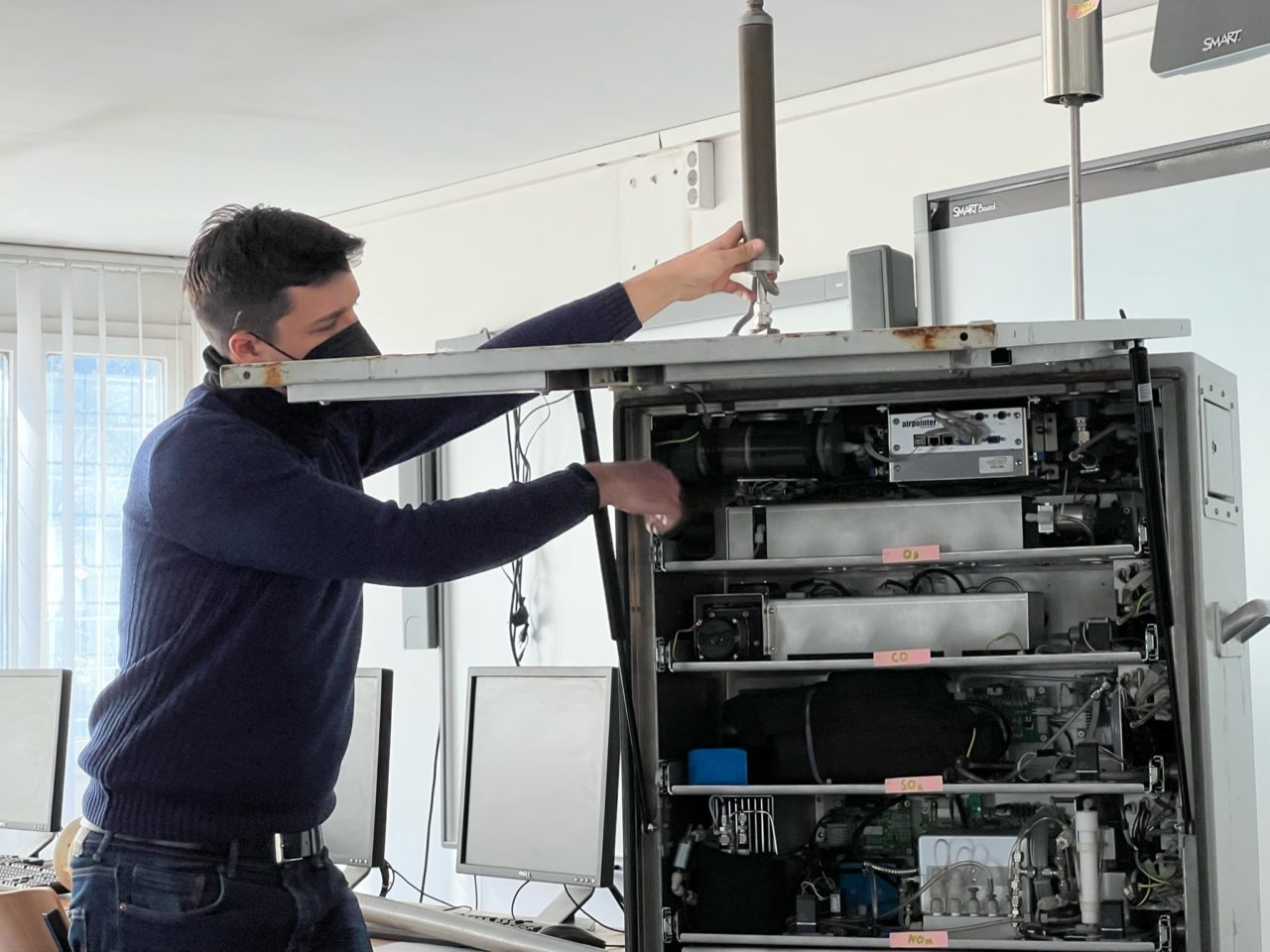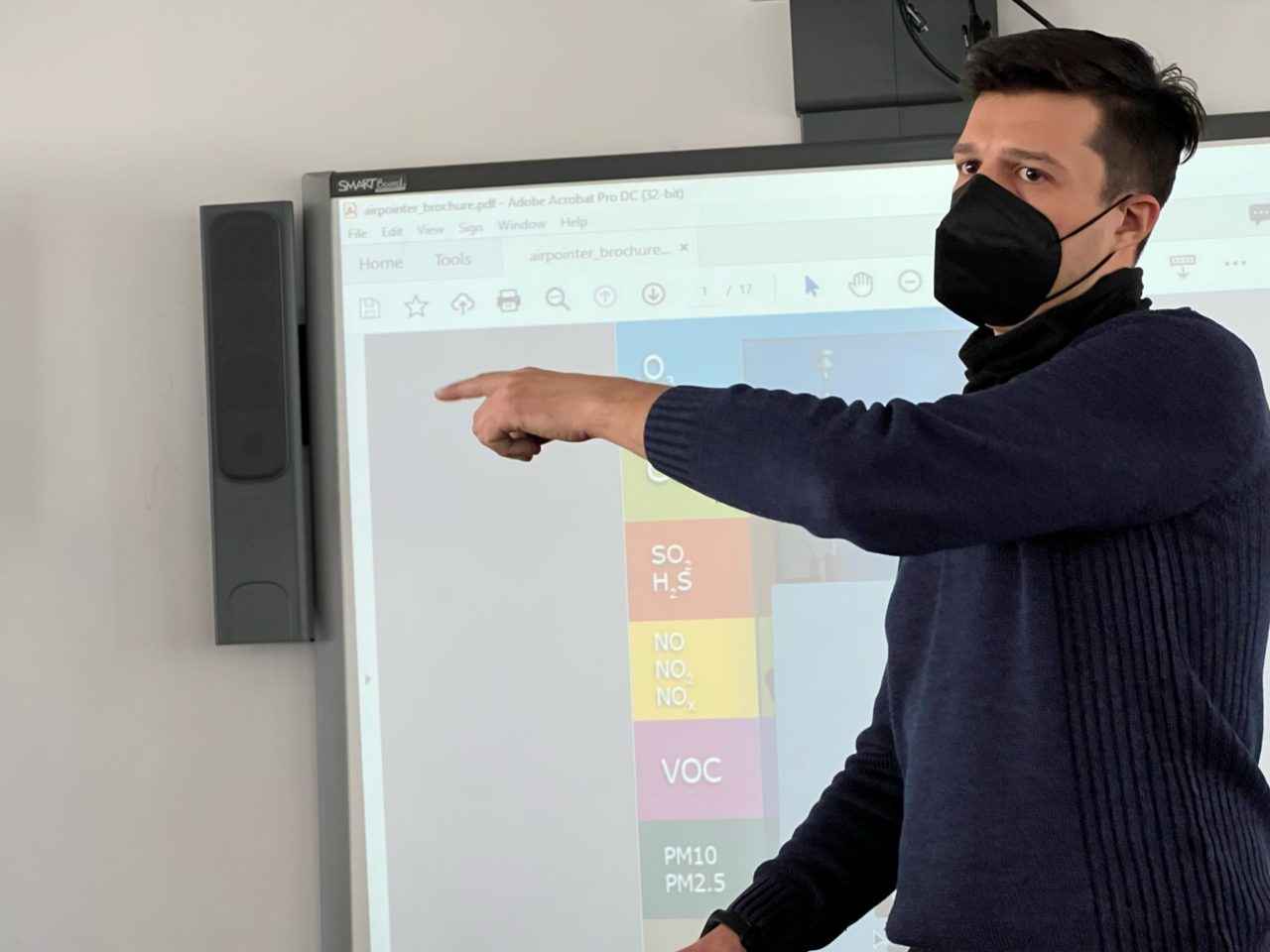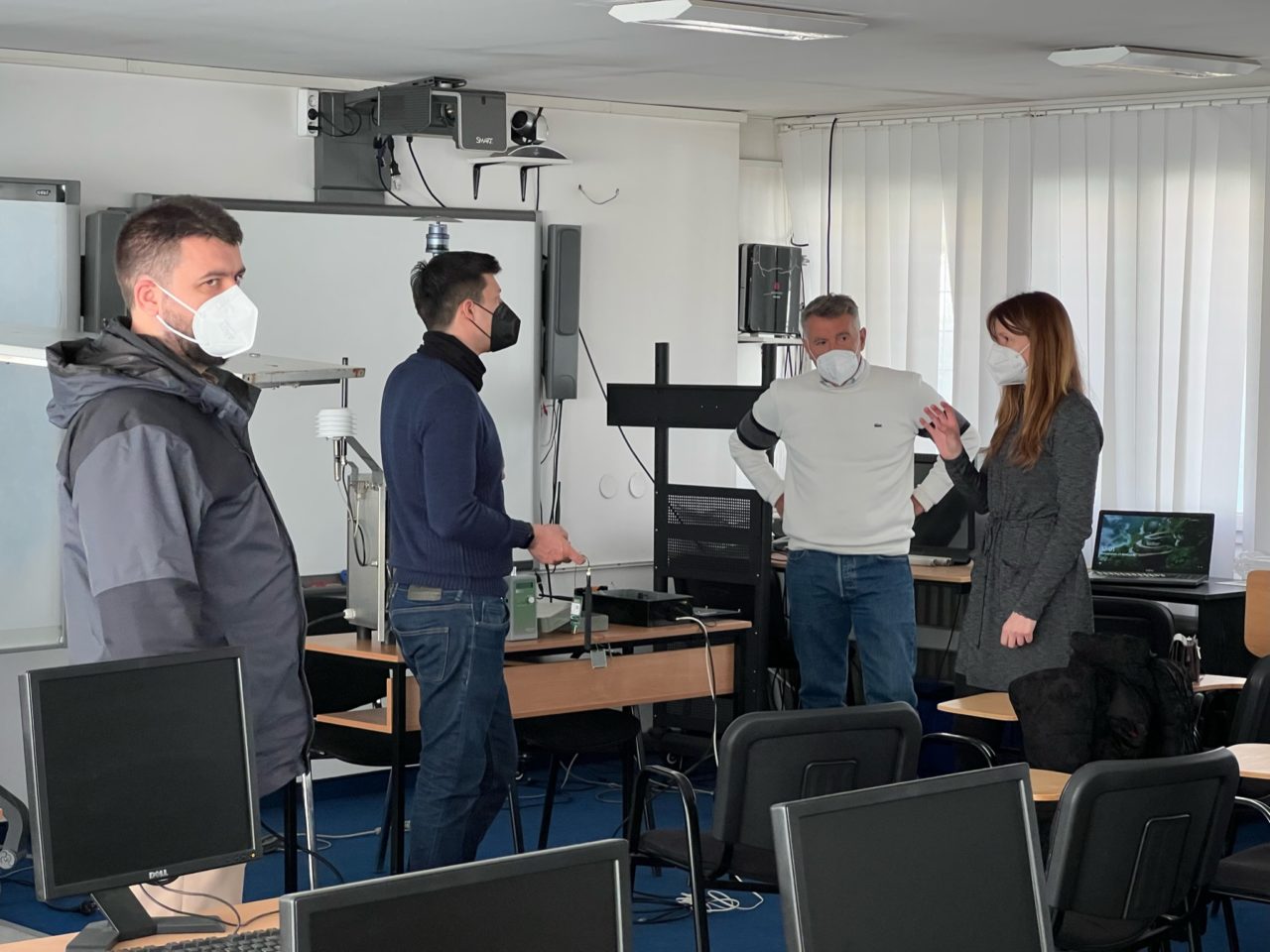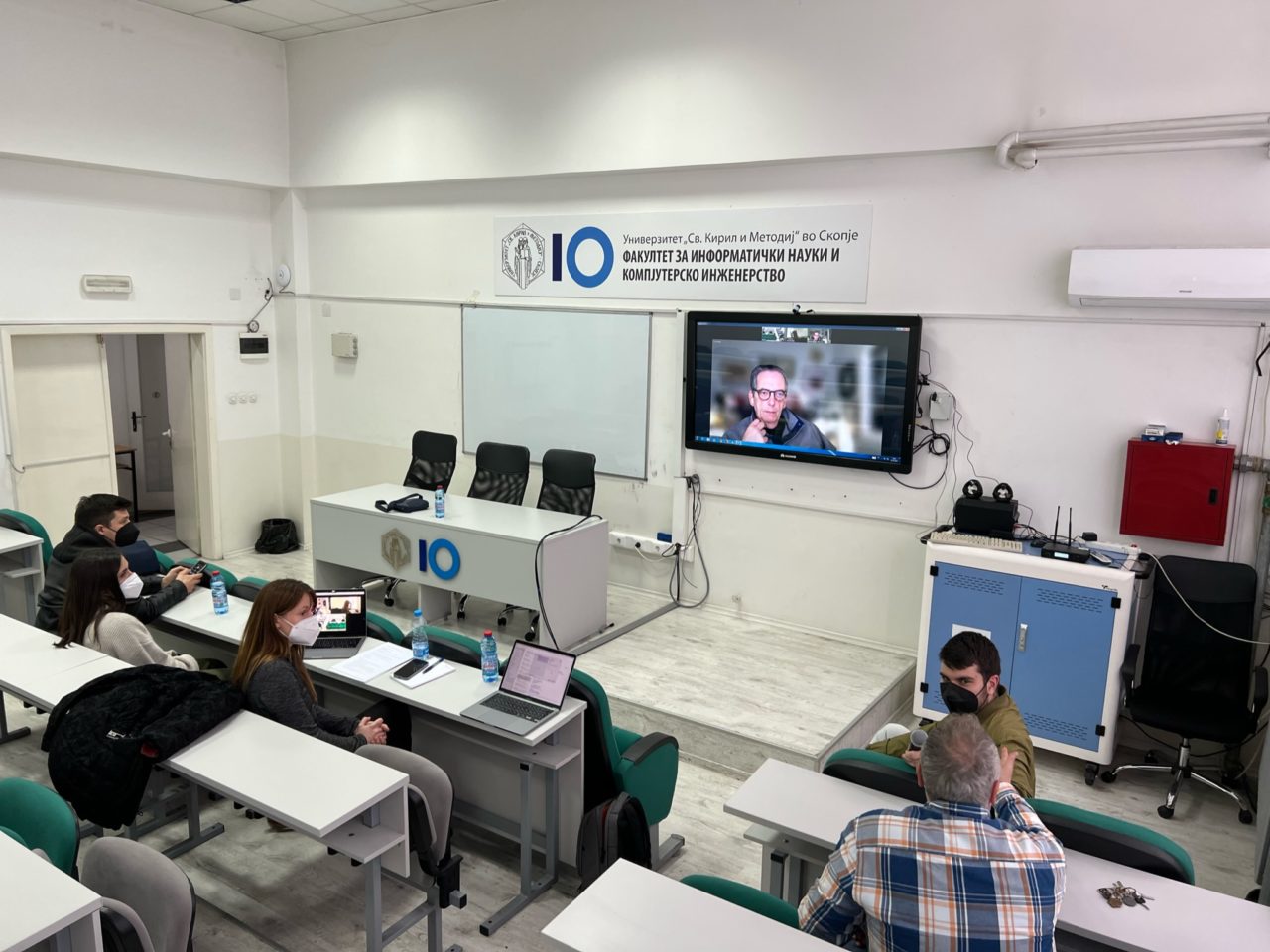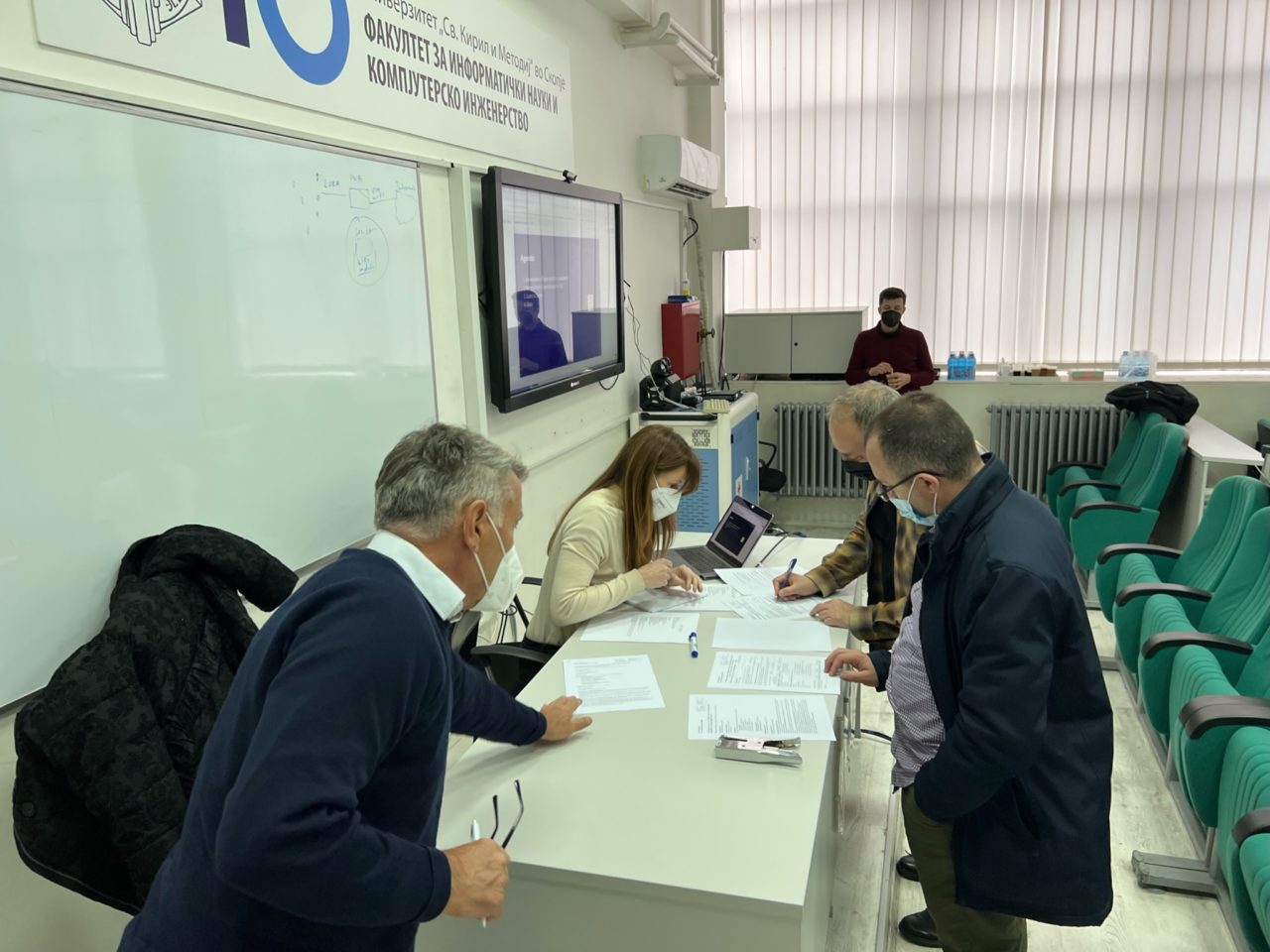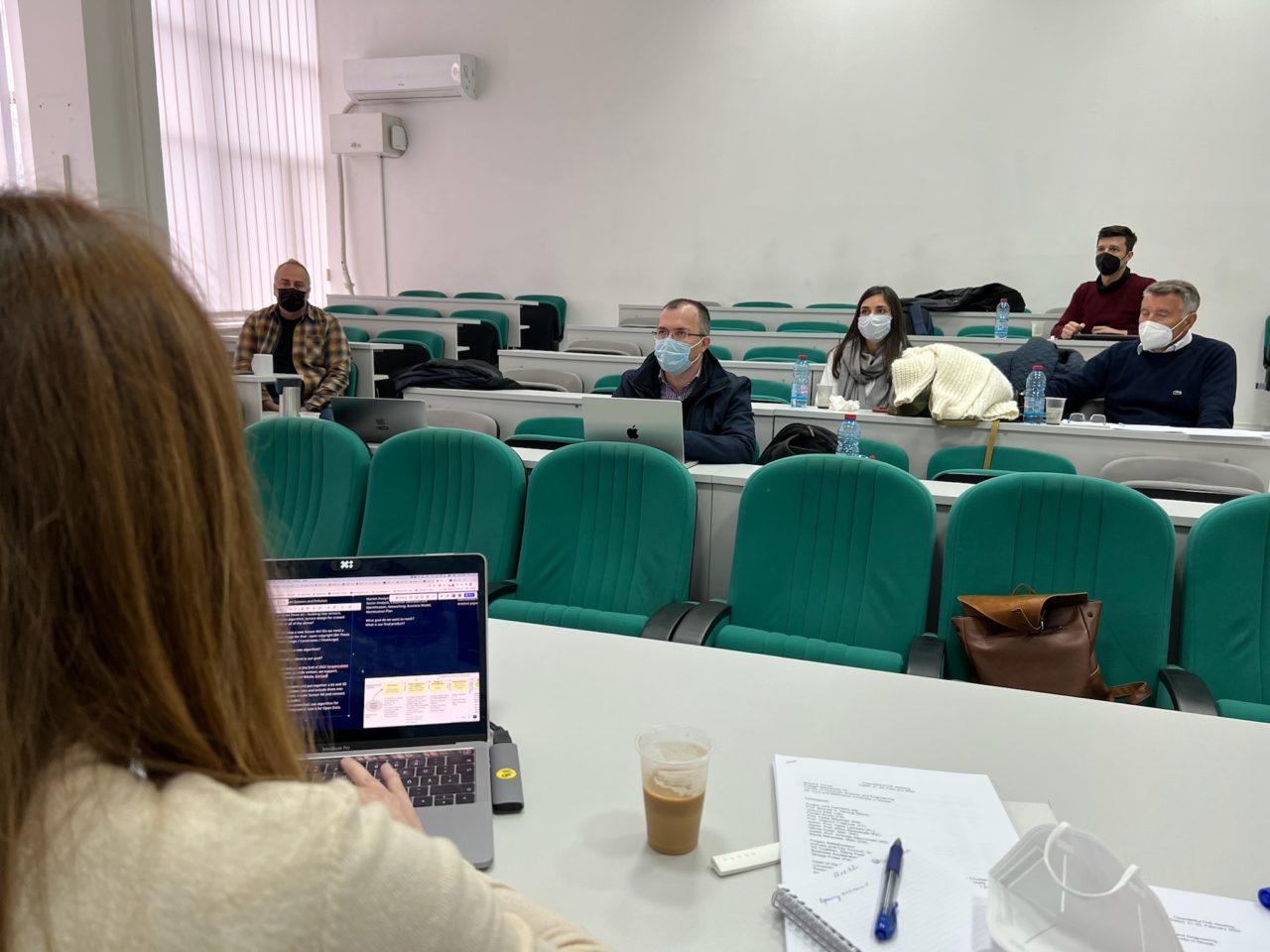Air pollution is a significant problem in the Balkan area and especially in N. Macedonia. The
World Health Organization (WHO) Ambient Pollution Database for 2018 ranks Skopje as
Europe’s most polluted capital city regarding mean concentrations of PM 10 and PM 2.5
(UNEP, 2018). According to Dimovska & Mladenovska (2019, p.428), air pollution has a
significant impact on the health and disease rate in North Macedonia. Extreme air pollution and
the resulting dramatically increased risk of airborne diseases reduce the attractiveness of the
area as a center of life and work.
The CleanBREATHE collaborative project Technical & Educational Solution Strategies on Air Pollution
through a Blended Research Approach; Subproject: User Interface Design, Social Intervention and Citizen Participation aims to explore the impact of awareness raising strategies and the effect of mobile survey methods disseminated through social networks. The analysis and visualization of air quality data are intended to sharpen the perception of air pollution and related problems for the general public. The intended goals for reducing air pollution through the CleanBREATHE project are divided into 3 sub-goals:
Goal 1: Develop sensor technologies to augment sensor networks (sensor kits) distributed by citizens. The hard- and software form the core element for AI based prediction algorithms. The extension of the network for data collection by newly designed mobile and stationary sensors will enable the collection of regionally relevant data on air pollutants. This will include detection of particularly strong contributors to air pollution, through geographic data collection and airflow analysis.
Goal 2:From the data, potential actions for the public, industry, as well as government organizations will be derived. A citizen participation and social intervention approach will be used to create long-term behavioral changes.
Goal 3:Development of a new business model for the Sensor Kit and Public Awareness Installation.
In the CleanBREATHE project, a design science research approach is used to test and further develop
existing solutions and new approaches for forecasting air quality (prototypes). For this purpose, algorithms will be used to analyze data, extract air pollution characteristics and relate them to each other. CleanBREATHE will, in part, use the existing infrastructure of sensors and air quality data to raise awareness of air pollution. Based on the AirCare app, the concept, design and technical implementation of such survey tools will be further developed.
We use the principle of mobile crowdsensing to collect additional data. The gain in locations and time periods in which data is collected improves the reliability of forecasts. The data is visually presented to users, so that the app provides added educational value in the form of recommendations for action and ultimately encourages behavioral change.
Workshops with citizens and students will raise awareness of the topic and increase participation in the data collection. In addition, a direct transfer of knowledge about air pollution and solutions for companies will be discussed. The goal is to raise public awareness of environmental issues and ultimately reduce air pollution.
In a next step, the research results will be presented to policy makers. To achieve these goals, a
marketable, digital product at reasonable prices will be developed with technological components that advance particulate matter awareness.



